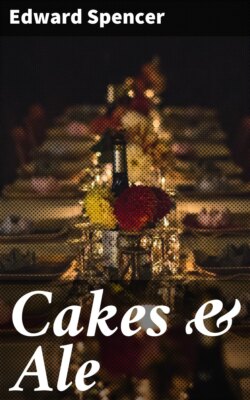Читать книгу Cakes & Ale - Spencer Edward - Страница 9
На сайте Литреса книга снята с продажи.
Free Trade
Оглавление—by no means an unmixed blessing—has changed all this; and the working-classes, with their wives and families, can, when out of the workhouse, in the intervals between “strikes,” enjoy the same quality of bread, that “cheap loaf” which appears on the table of the wicked squire and the all-devouring parson. In Yorkshire, at the present day, almost the worst thing that can be urged against a woman is that she “canna mak’ a bit o’ bread.”
“Just look,” wrote an enthusiastic Free Trader, a quarter of a century ago, “at the immense change that has latterly taken place in the food of the English peasantry. Rye bread and pease-pudding exchanged for wheaten loaves. A startling change, but not greatly different from what has occurred in France, where, with the abuses of the Bourbon rule, an end was put to the semi-starvation of French tillers of the soil. Black bread is now almost as much a rarity in France as on our side of the Channel; while barley in Wales, oats in Scotland, and the potato in Ireland, are no longer the food-staples that they were.”
I have no wish for anything of a contentious nature to appear in this volume; but may deliver, with regard to the above, the opinion that pease-pudding is by no means despicable fare, when associated with a boiled leg of pork; and I may add that too many of the English peasantry, nowadays, have been reduced, by this same Free Trade, to a diet of no bread at all, in place of wheaten, or any other loaves.
Wedding breakfasts, with the formal speeches, and cutting of the cake, have gone out of fashion, and the subject of the British breakfast of to-day demands a new chapter.
